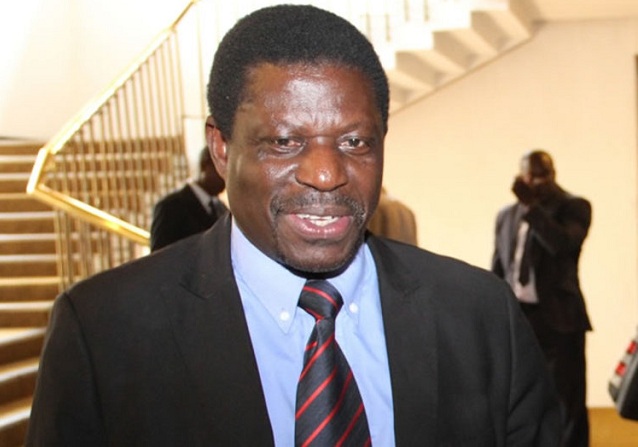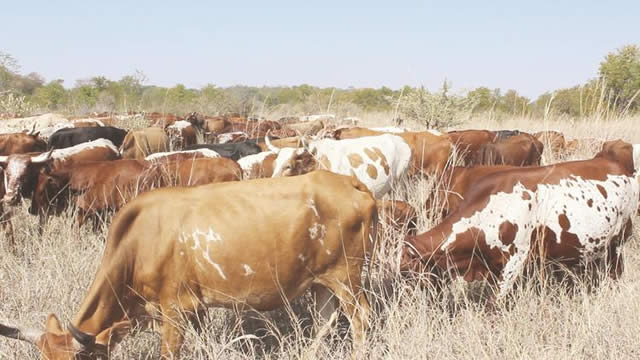Comesa to assist Zimbabwe firms retool

Morris Mkwate, Recently in Antananarivo, Madagascar
The Common Market for Eastern and Southern Africa (Comesa) will soon release funds to help Zimbabwean companies retool and expand manufacturing capacity.
The Government is now compiling industry requirements, and will submit the budget to Comesa’s secretariat in the interim. There is also a plan to promote procurement of local goods and services comprehensively via either legislation or policy.
This emerged when Industry and Commerce Minister Mike Bimha and Comesa secretary-general Mr Sindiso Ngwenya met on the sidelines of the economic bloc’s 19th Heads of State and Government Summit in Madagascar earlier this week.
The meeting discussed regional integration, broad industrialisation, the state of Zimbabwe’s industry and import controls, and ended with Mr Ngwenya agreeing to loosen the purse strings.
Comesa will also help Zimbabwe establish linkages between large corporates and small and medium scale enterprises.
In an interview with Zimbabwean journalists, Minister Bimha said the funding would target both existing and emerging industries.
“Coming up with a measure like Statutory Instrument 64 is not the solution. It’s only just a component of broader measures that you must employ:
We must now look for funding to enable companies to retool and re-equip.
“I had discussions with the Comesa secretary-general and he has promised that Comesa will be able to assist Zimbabwe retool, particularly as a result of the measures we have put forward.
“Comesa is saying, ‘Yes, we can see the need to support your industry and for re-tooling, and we would like to play our part and assist.’ So, Comesa is coming to assist us in that regard.”
Minister Bimha also said: “Comesa is coming to help us develop linkages between big corporates and small to medium enterprises (SMEs). I think that is an important area for Zimbabwe.
“We now have many players in the SMEs sector, and they need a lot of attention and nurturing so that they can become big corporates tomorrow.
“We can only do that by coming up with interventions. What we are going to promote in the next six months is local procurement. It could be (through) legislation or policy, to encourage linkages between the small and big guys. That’s what Comesa is good at.”
Local industry has been struggling since the hyperinflationary era (2007-8) when manufacturing capacity collapsed, opening the country’s borders to wholesale imports.
Authorities have over the last two years introduced import controls to stimulate production while dealing with an inflated trade deficit.
Minister Bimha said his ministry would soon determine the benefits industry has derived from latest controls under Statutory Instrument 64 of 2016, and then work towards increasing production.
The measures, he said, have the backing of regional economic groupings and individual member states some of which have similar arrangements.
On the Comesa summit, Minister Bimha said, “In the main, there’s that drive and enthusiasm towards better integration. The emphasis is that we have multiple memberships (in regional groupings with free trade areas) so, should we not be talking about one thing?
“The talk is about the Tripartite Free Trade Area (Sadc, Comesa and East African Community) for now. The market is bigger. Zimbabwe has signed, and Summit resolved that others who have not should follow suit.”
The summit, themed, “Inclusive and Sustainable Industrialisation”, explored strategies to expedite regional integration and increase trade within the 19-member grouping.
Among the catalysts identified were efficient border services and general ease of doing business.
President Mugabe returned home from the summit yesterday, and was received at the Harare International Airport by Vice-Presidents Emmerson Mnangagwa and Phelekezela Mphoko, Cabinet ministers, other senior Government officials and service chiefs.











Comments